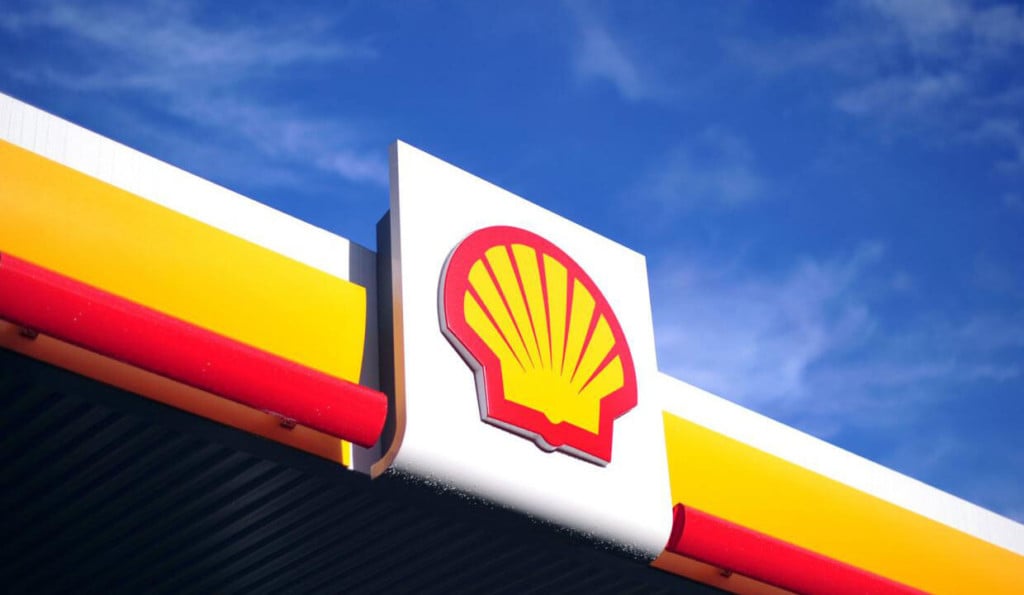Shell launches Nigerian shallow-water and onshore subsidiary sale

Royal Dutch Shell [LON;AMS:RDSA] has launched a major divestment of its Nigerian assets, several sources familiar with the matter said.
Shell has hired Standard Chartered to sell its Shell Petroleum Shell Petroleum Development Company of Nigeria Limited (SPDC) subsidiary, two of the sources said.
SPDC operates the company’s shallow-water and onshore asset interests via its 30% interest in the SPDC joint venture, which supplies around 10% of Nigeria’s gas demand.
Sale documents were issued earlier this week and expressions of interest (EOIs) are due by 10 September, the other source said. The vendor is asking for non-binding offers in the subsequent second phase, this source said.
Shell is selling the business because it no longer views its activities in the Niger Delta as core to its ongoing strategy, which is driven by the ESG pressure from its investors, both sources said, and as intimated by its CEO earlier this year. Also, several of the oil mining leases (OMLs) have upcoming development costs, which Shell does not intend to fund, one of the sources added.
It will still retain its deepwater assets in the country, this source added.
The business will be worth several billions of dollars, this source said. Shell will want full-value offers for the business but is strategically driven in this disposal and will likely prefer low execution risk to waiting for a knockout offer, this source said.
It is very likely too large for any single acquiror, this and a third source, and a banker following the deal said.
The valuation will ultimately be derived from different views on the separate assets -- the shallow-water fields, the onshore fields and the infrastructure, for which there could be separate buyers, one of the sources said.
Alternatively, Shell may sell portions of equity in the whole of SPDC to different consortia of buyers, this source said.
Either way, buyers will need to have a local Nigerian element, this and another of the sources said.
The assets in the Niger Delta region are plagued with security issues and would, in particular, need a very local participant and lender, one of the sources said.
Private equity would struggle with this associated risk and with the expected necessary investment in the portfolio, this source said.
Public-listed companies would struggle to raise equity to execute the deal, given the ESG-derived sentiment for oil and gas in the public markets, this source said. Local sponsors may be interested, but this would constitute a very transformational deal, and would need significant lender support, this source said.
An international, private group with operating expertise, for example Perenco, or a Chinese player might make most sense, this source said.
Shell and Standard Chartered declined to comment.
The SPDC JV is co-owned with Eni [BIT:ENI] via its NOAC subsidiary with 5%, TotalEnergies [EPA:FP] via its Total E&P Nigeria subsidiary with 10%, and Nigeria’s national oil company NNPC with the remaining 55%.
The joint venture owns 360 producing oil wells, 60 producing gas well, and a network of 4,000 kilometres of oil and gas pipelines and flowlines, Shell’s website notes.
On 15 January this year, SPDC completed the sale of its 30% interest in OML 17 in the Eastern Niger Delta, and associated infrastructure, to TNOG Oil and Gas Ltd, a related company of Heirs Holdings Ltd and Transnational Corporation of Nigeria Plc, for a consideration of USD 533m.
In 2020, output from the SPDC JV, together with Shell’s SNEPCo subsidiary, fell from the record highs of 2019 but, at around 620kbpd of oil equivalent remained close to the five-year average of 625,000.
Nigeria is becoming an increasingly difficult jurisdiction in which to operate, a sector advisor following the sale said. Poor engagement by the government with international energy majors is driving many away, and this is further exacerbated by recent legislation such as the Nigerian Petroleum Bill, this advisor noted.
Shell first announced its plans to sell down its Nigerian onshore interests during its annual general meeting in May. "We have been reviewing positions that continue to be challenged from an environmental perspective ... and a particular point of attention has been onshore oil in Nigeria," its CEO Ben van Buerden said.
"Over the last 10 years we have reduced the total number of licences in onshore Nigeria by half. But unfortunately, our remaining onshore oil operations continue to be subject to sabotage and theft ... This means that the balance of risk and reward associated with our onshore oil portfolio in Nigeria is no longer compatible with our strategic ambitions. Because of this, we have started discussions with the Nigerian government to align on a way to move forward."
"We've drawn that conclusion, and we're now talking to the Nigerian government on the way forward."

